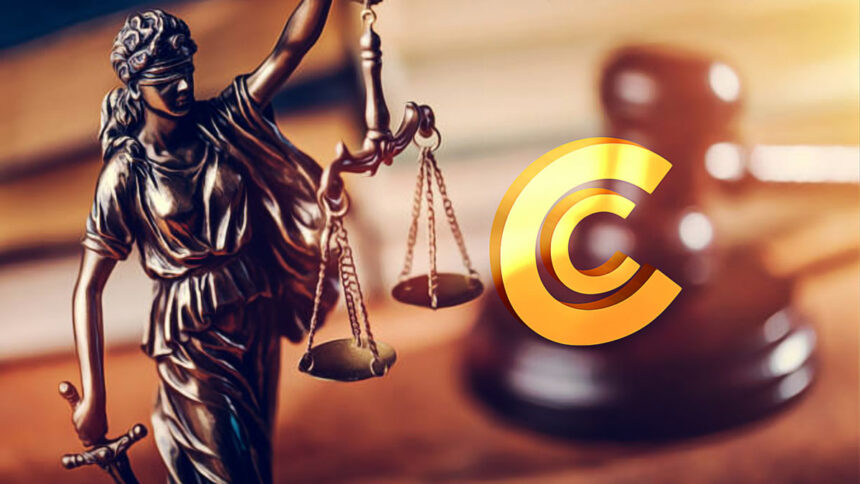Legal challenges have long plagued the cryptocurrency industry, leading to numerous investigations and lawsuits. However, with Donald Trump’s new presidential term, there appears to be a notable shift in the government’s attitude towards cryptocurrencies, as evidenced by recent pardons for individuals involved in crypto-related legal issues.
What Does This Pardon Mean for Crypto?
President Trump has officially pardoned three co-founders of the BitMEX exchange, according to a significant report from CNBC. While this decision may not drastically alter the landscape of the cryptocurrency market, it indicates a potential shift in governmental policy towards digital currencies. The pardoned individuals — Arthur Hayes, Benjamin Delo, and Samuel Reed — were previously convicted of charges related to money laundering and regulatory violations.
Could This Open Doors for Other Executives?
This pardon comes after accusations that the BitMEX exchange operated as a “money laundering platform.” The exchange, which attempted to distance itself from the U.S. market, has faced scrutiny similar to other major exchanges, such as Binance. Various centralized exchanges have encountered penalties for servicing U.S. clients without proper licenses.
The pardoned co-founders are now free from their convictions, while the situation remains bleak for Sam Bankman-Fried (SBF), founder of FTX. Despite SBF’s parents seeking a similar outcome, the extent of fraudulent activities linked to FTX seems to limit his chances of receiving a pardon. Notably, FTX had previously received significant support from Democratic circles, only to later face criticism for mismanaging billions in customer funds.
- Trump’s pardons reflect a shifting stance toward the crypto sector.
- BitMEX co-founders were previously convicted of serious financial crimes.
- Legal challenges in the crypto space continue to evolve.
- SBF’s situation remains precarious due to allegations of fraud.
The recent actions by Trump may pave the way for a more lenient governmental approach to cryptocurrencies, potentially reshaping the regulatory environment. As the industry grapples with ongoing legal hurdles, these developments could signify a new chapter in the relationship between government and the digital currency market.












